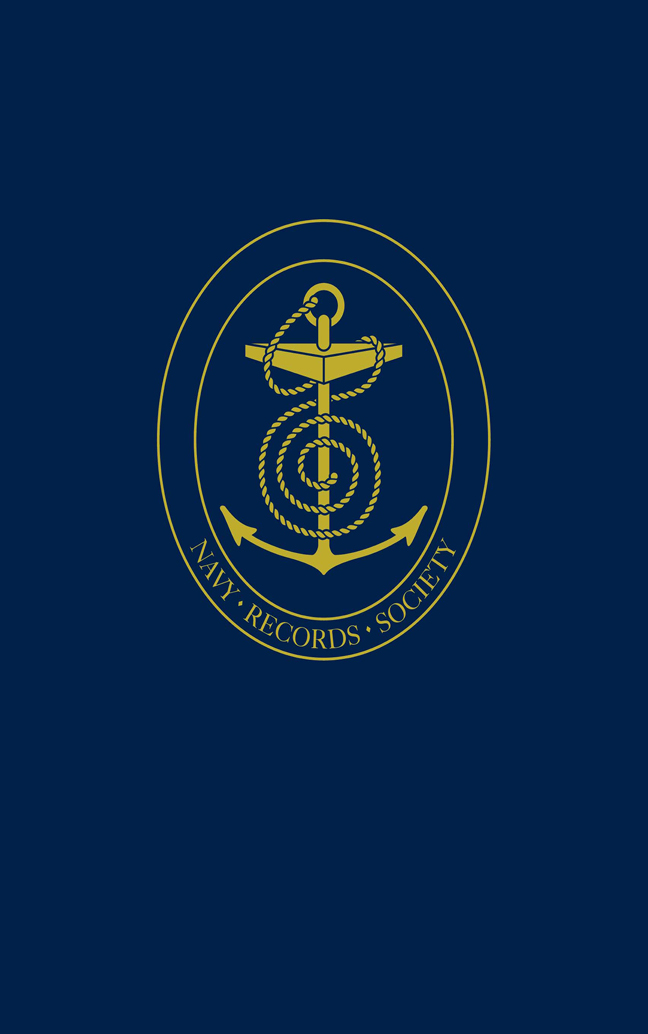 Papers and Correspondence of Admiral Sir John Thomas Duckworth
Papers and Correspondence of Admiral Sir John Thomas Duckworth Book contents
- Frontmatter
- Dedication
- Contents
- Glossary of Abbreviations
- Introduction
- Part I Spithead, Leeward Islands, Virginia, 1793
- Part II The English Channel, First of June Fight, 1793–1795
- Part III Jamaica, 1795–1797
- Part IV Mutiny, Blockade of Brest, Ireland, 1797–1798
- Part V Mediterranean, Minorca, Cadiz Blockade, 1798–1800
- Part VI Leeward Islands, 1800–1801
- Part VII Jamaica, 1801–1802
- Appendix: Observations upon the Trade Proposed Between St Domingo and Jamaica
- Sources and Documents
- Index
- Miscellaneous Endmatter
Part III - Jamaica, 1795–1797
Published online by Cambridge University Press: 05 March 2024
- Frontmatter
- Dedication
- Contents
- Glossary of Abbreviations
- Introduction
- Part I Spithead, Leeward Islands, Virginia, 1793
- Part II The English Channel, First of June Fight, 1793–1795
- Part III Jamaica, 1795–1797
- Part IV Mutiny, Blockade of Brest, Ireland, 1797–1798
- Part V Mediterranean, Minorca, Cadiz Blockade, 1798–1800
- Part VI Leeward Islands, 1800–1801
- Part VII Jamaica, 1801–1802
- Appendix: Observations upon the Trade Proposed Between St Domingo and Jamaica
- Sources and Documents
- Index
- Miscellaneous Endmatter
Summary
Jamaica, as a British naval station, was in the 1790s concerned above all with the French in St Domingue, the western half of Hispaniola (the modern Haiti). The French revolutionary rhetoric of freedom had reached the slaves. Legally freed by the revolutionary regime in 1791, they had then risen in rebellion against their owners, who in their turn had been less than enthusiastic for the changes. The fighting was confused and savage, the slaves turning quickly to murdering their owners, and to destroying the plantations where they had suffered; the owners replied in kind. From the base at Jamaica, where a rebellion by escaped slaves (maroons) was finally suppressed late in 1795, the British naval forces had established a blockade around the colony, and a British Army invaded the rebellious island.
Duckworth was sent to Jamaica in command of the reinforcing force dispatched in May 1795 – three line-of-battle ships, Leviathan, Hannibal, and Swiftsure [77]. The commander-in-chief, Rear-Admiral William Parker (no relation to Duckworth's ward) remained mainly in Jamaica, and Duckworth was his second-in-command, and took command of operations on the coast of St Domingue as soon as he arrived [83–88]. The bases they used were at the ends of the peninsulas, at Cape Nicholas Mole, and at Jeremie, but any places along the coast were a target. It may have been resentment at this assertiveness, but Parker soon fell into a dispute with Duckworth over a trifling matter of seamanship, but Duckworth's determined stand against what he saw as an unjust accusation of negligence seems to have been sufficient to persuade Parker to trust him [91, 92], and a fortnight later Parker was consulting him about what to do [93, 94]. Parker appears to have withdrawn once more to Jamaica [97].
The military campaigns launched against the French were generally indecisive [e.g., 95–98], and much of Duckworth's work was directed to assisting the army on land [99, 102, 103]. There is a notable gap in the documents over the winter of 1795–96, but matters were not improved in the spring, as Duckworth's letter to Edward Baker (the midshipman's father) in June revealed [108]. The enemy was able to receive supplies from the United States, as consular information reported [109, 111].
- Type
- Chapter
- Information
- Papers and Correspondence of Admiral Sir John Thomas DuckworthVolume 1: The French Revolutionary War, 1793–1802, pp. 51 - 156Publisher: Boydell & BrewerFirst published in: 2024


